Notebook
-
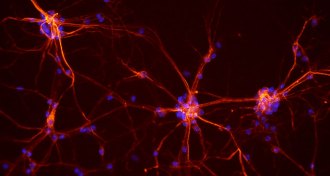 Neuroscience
NeuroscienceScientists still haven’t solved mystery of memory
50 years have refined a basic understanding of the brain, but scientists are still exploring how memories form, change and persist.
-
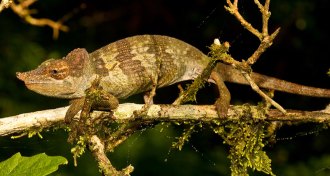 Animals
AnimalsNew chameleon has strange snout, odd distribution
A new species of chameleon from Tanzania echoes the unusual range of the kipunji monkey.
By Susan Milius -
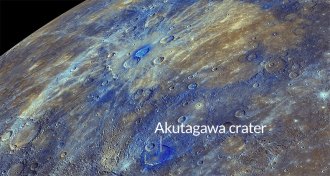 Planetary Science
Planetary ScienceMercury’s dark secret revealed
Graphite from Mercury’s primordial crust might be responsible for making the innermost planet darker than the moon.
-
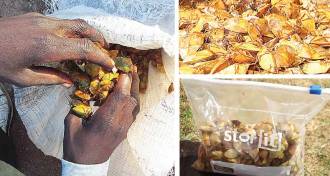 Animals
AnimalsEat your stinkbugs
Prepared as a snack by some groups in southern Africa, the stinkbug Encosternum delegorguei is a good source of protein and antioxidants.
-
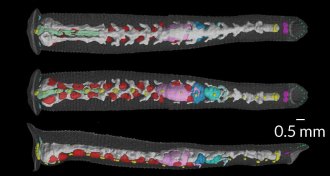 Animals
AnimalsIs Amy Tan actually ‘thrilled’ a leech is named after her?
Novelist Amy Tan answers a lingering question about celebrities honored in scientific names of new species — her namesake is a leech.
By Susan Milius -
 Health & Medicine
Health & MedicineExplaining Henry VIII’s erratic behavior
Researchers say Henry VIII suffered several traumatic brain injuries that may explain his explosive outbursts and memory problems.
-
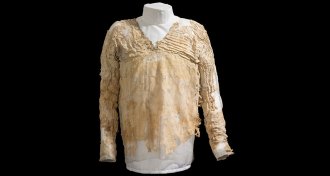 Archaeology
ArchaeologyTailored Egyptian dress is the oldest ever found
A pleated dress found in an ancient Egyptian cemetery called Tarkhan was cut, fitted and tailored between 5,400 and 5,100 years ago.
By Bruce Bower -
 Health & Medicine
Health & MedicineThere’s more than one way to quit smoking
Three therapies to quit smoking are all about equally effective in the long term, a new study finds.
By Meghan Rosen -
 Genetics
GeneticsPrion disease gets personal
Diagnosis of a brain-wasting disease drove a married couple into science.
-
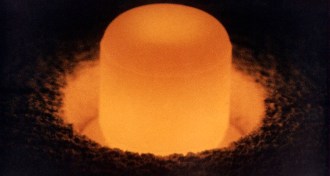 Chemistry
ChemistryAfter 75 years, plutonium is still NASA’s fuel of choice
On the 75th anniversary of the discovery of plutonium, the radioactive element is still not a major source of fuel for nuclear power plants in the United States.
-
 Planetary Science
Planetary Science120 seconds in Pluto’s shadow
A 747 outfitted with a telescope worked with New Horizons to reveal details about Pluto’s atmosphere.
-
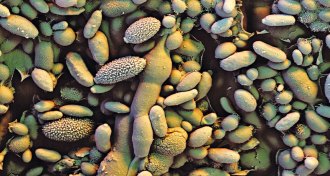 Agriculture
AgriculturePlants trick bacteria into attacking too soon
Scientists have discovered that a plant compound interferes with bacterial communication.